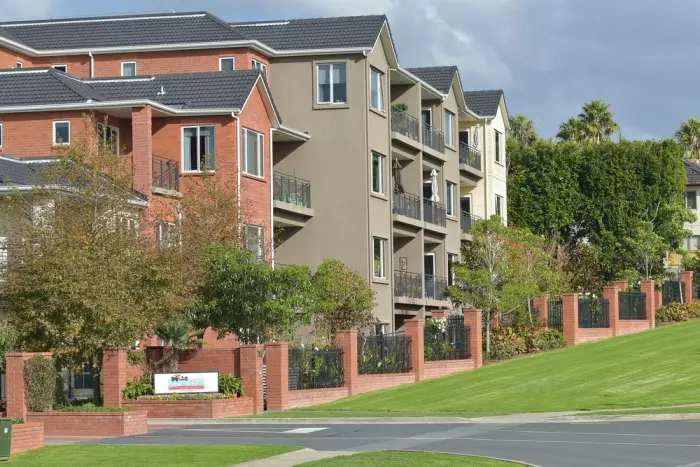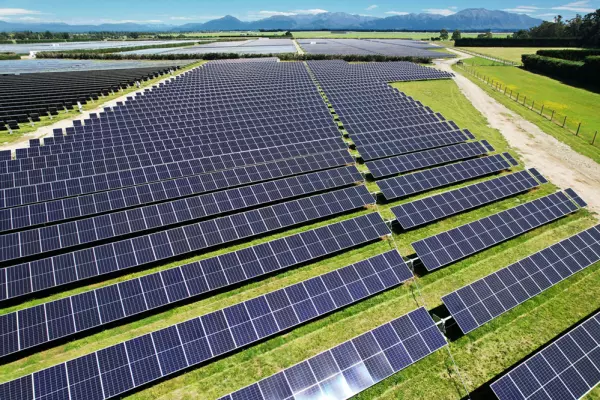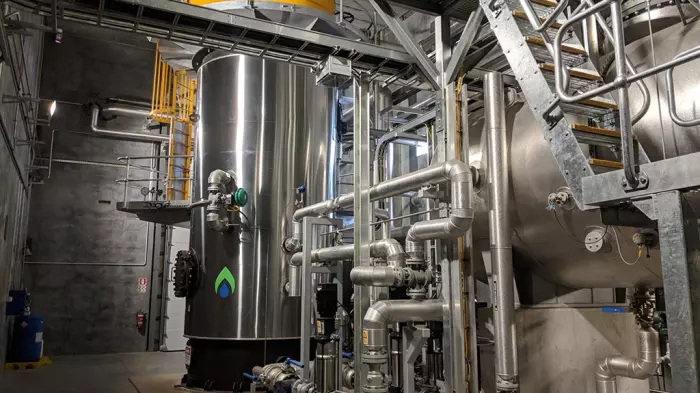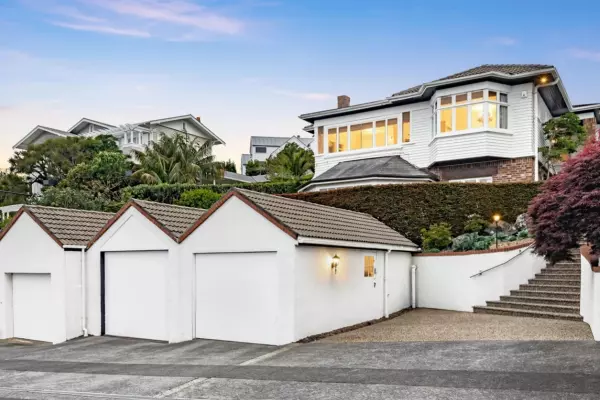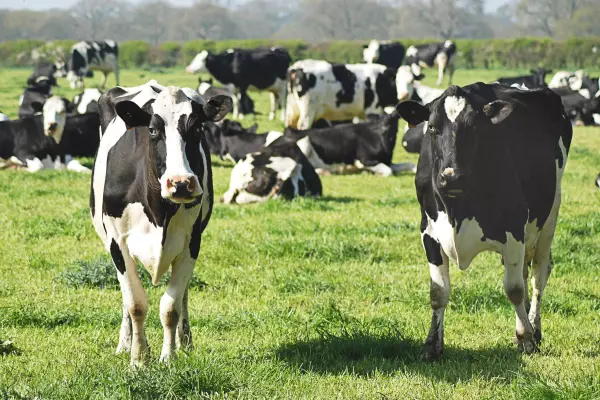An investment in the listed retirement village stocks 10 years ago would have yielded a return of 25% a year, or a cumulative 839% assuming all dividends were reinvested to date, according to a new property sector report by Urban Economics.
The property industry impact report, commissioned by the Property Council, said retirement villages provided the best returns to NZX investors since 2011, with an average share price yield of 23% and dividend yield of 2%.
Listed real estate investment trust (REIT) companies, over the same period, increased in value by 13% on average, while construction and land development came in at 2% per year, Urban Economics said.
With a combined market capitalisation of $20.1 billion, the nine REITs represent the biggest chunk of the listed property market, while NZX-listed retirement operators, led by Ryman Healthcare, Oceania Healthcare, Arvida and Summerset, have a market cap of about $13.8b.
Non-residential property is valued at $13.7b and construction and land development adds a further $5.4b.
All up that's $53b for the listed property sector, about 30% of NZX’s $187b overall market cap.
The report also said 1.8 million New Zealanders hold a combined $3.3b in property holdings through their KiwiSaver schemes, or about 4.4% of overall holdings.
Almost half of that is held in growth funds, the research notes, although aggressive funds have the “highest proportion of assets under management invested in property” though they are generally smaller funds.
Property Council chief executive Leonie Freeman said the data “could help dispel the stereotypical image of a property investor” and that property is an asset class reserved for the wealthy.
The Urban Economics report pegs the combined NZ residential property stock at $1.3 trillion and commercial stock at $243b.
Freeman said the report reinforced the importance of the market. Urban Economics said by 2019 the sector was contributing $41.2b, or 15% of total gross domestic product (GDP) of $280.9b.
Manufacturing accounted for $30.7b, or 11% of GDP while healthcare and social assistance were at $18.3b, the analysis showed.
Aged care drivers
Arthur Kyriakopoulos, an analyst with research group IbisWorld, expected growth of the aged-care sector of 3.3% over the next five years to $4.5b in revenue, on the back of an ageing population and increased longevity, which meant NZ would continue to have "some of the world’s highest rates of institutionalised care”.
Kyriakopoulos said government aged-care policies are also expected to affect the trading environment, alongside changes to the current funding model via district health boards.
Outside of the top listed players, it is a fractionalised industry with 654 players employing about 42,000 people and generating about $3.8b in annual revenues, he said.
A recent whitepaper report on retirement villages and aged care by realtor Jones Lang LaSalle (JLL), said another 26,000 new units would be needed to cater for growth within the next 11 years.
JLL estimated the total aged care population numbered 47,249 residents, of which a third are in Auckland’s 94 villages. The second greatest concentration is in Canterbury, which has 73 villages, though with an average of 64 units per village, that accounted for 13% of the national total.
Overheating?
Forsyth Barr analyst Rohan Koreman-Smit said the listed REIT sector had continued to provide a stable source of returns and investment appreciation to investors over the past financial year.
Koreman-Smit said the sector had been impacted by covid lockdowns, but there had been a pick-up in the latter part of the year with solid leasing outcomes and sustained occupancy and lease terms.
The wealth manager noted, however, that the “recent tear” of property stocks – which had seen bounces in Argosy Property, Vital Healthcare and Stride Property of between 7% and 11% – had been influenced by reduced company size requirements for inclusion into the FTSE EPRA Nariet global real estate indices.
It is widely expected those investment trusts will be added to the indices when updates are announced on Sept 1.
Forsyth Barr has now downgraded its ratings from outperform to neutral on all three stocks.
It has also rated Property for Industry and Goodman Property Trust as underperforms as the “sector seems to be near full value”.
The analyst saw better value in the Australian property sector which had “muted share price reactions to lower bond yields as a result of recent covid-19 outbreaks”, it said.
Its preferred vehicle for dividend yield is Charter Hall Long WALE and Centuria Industrial, and it likes Charter Hall group for growth.


